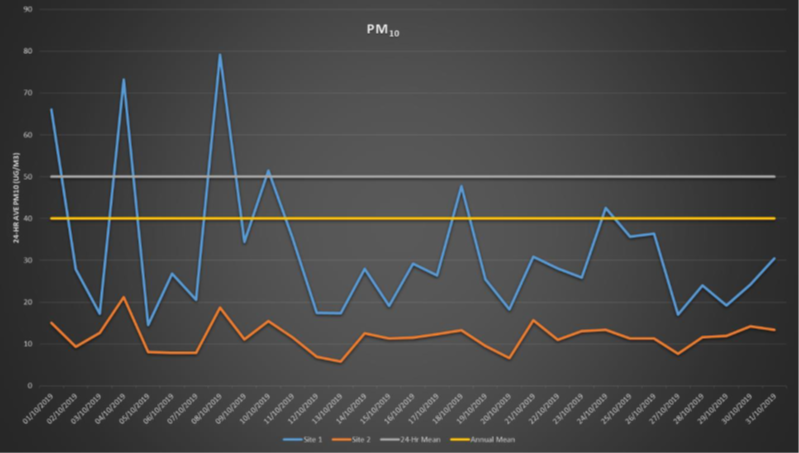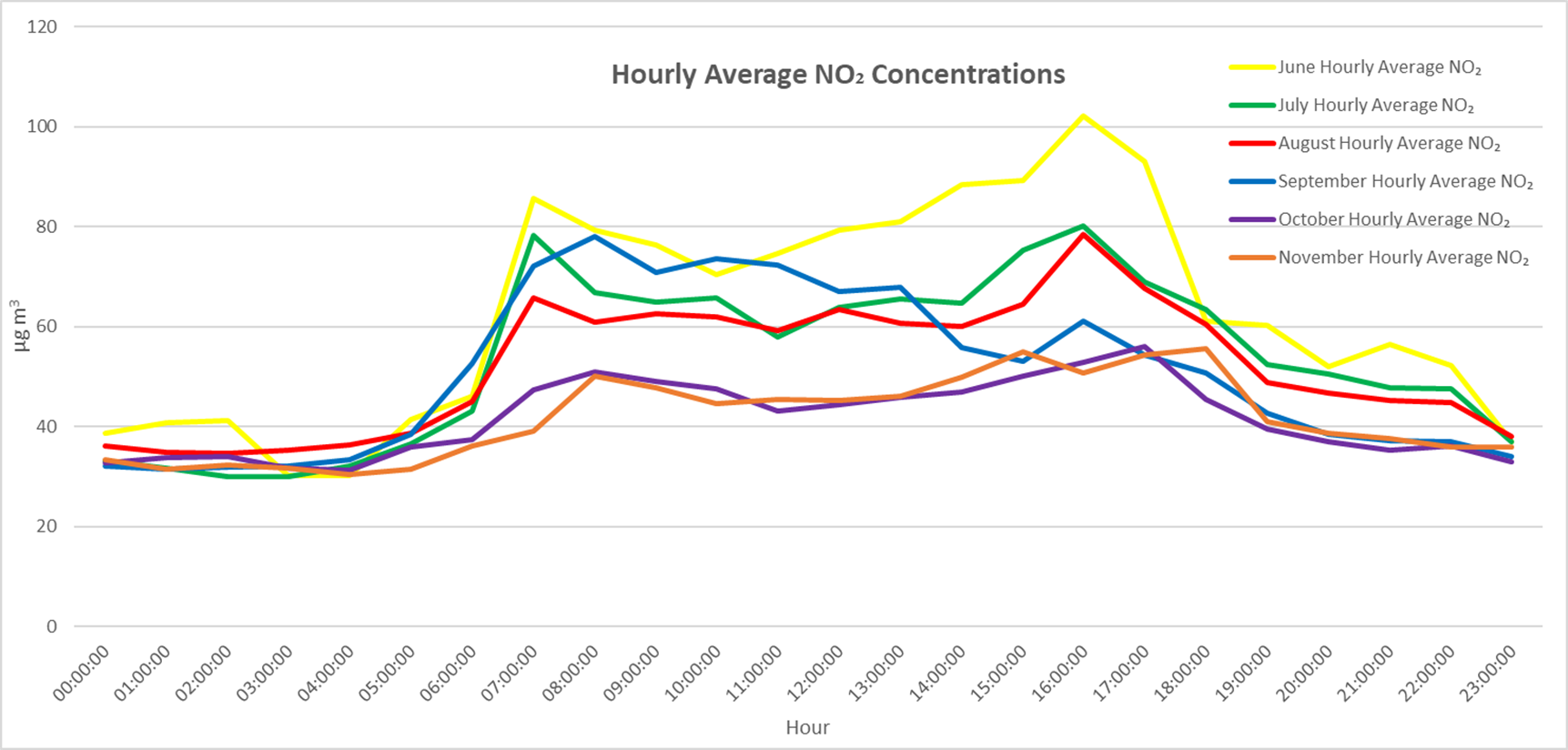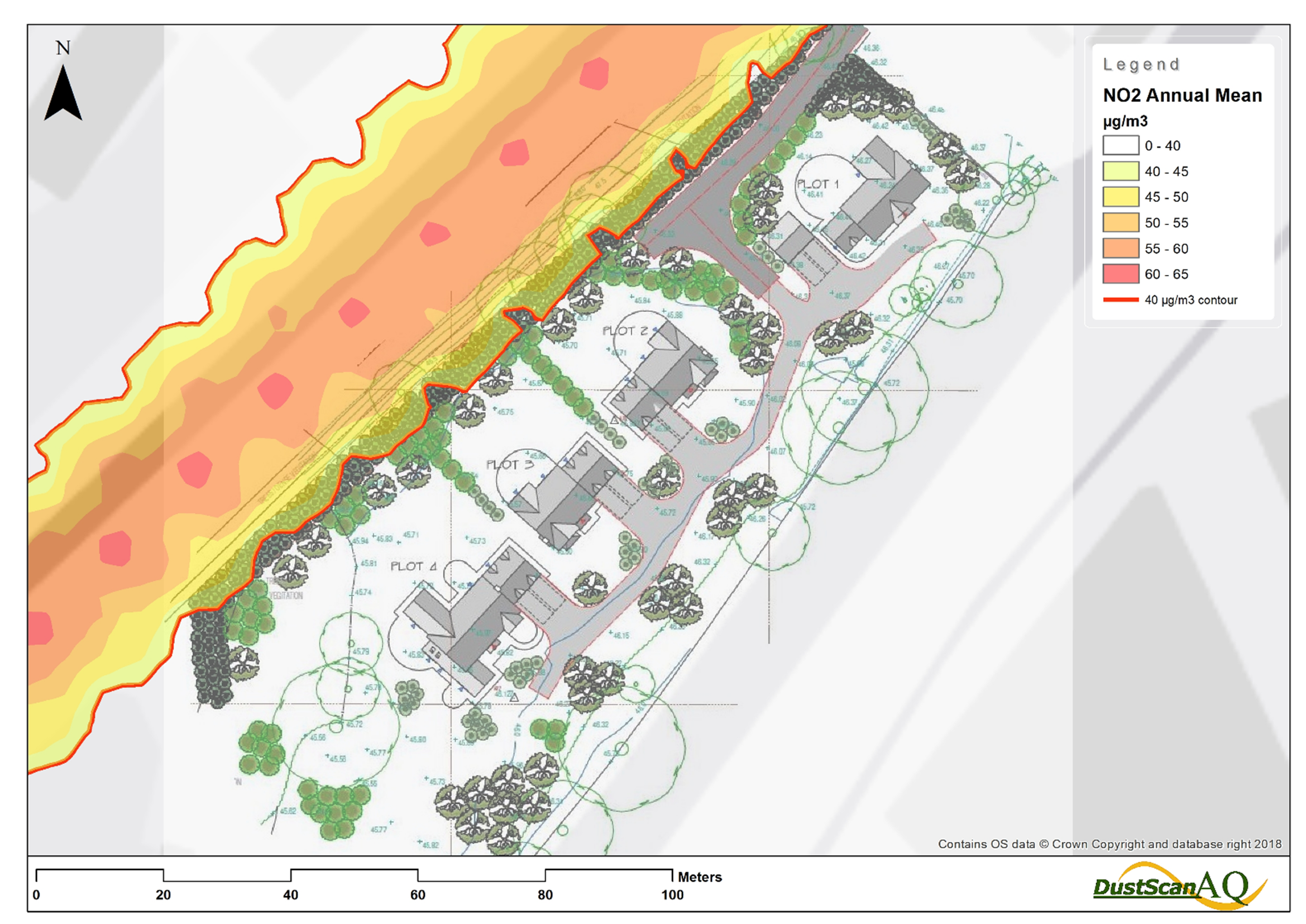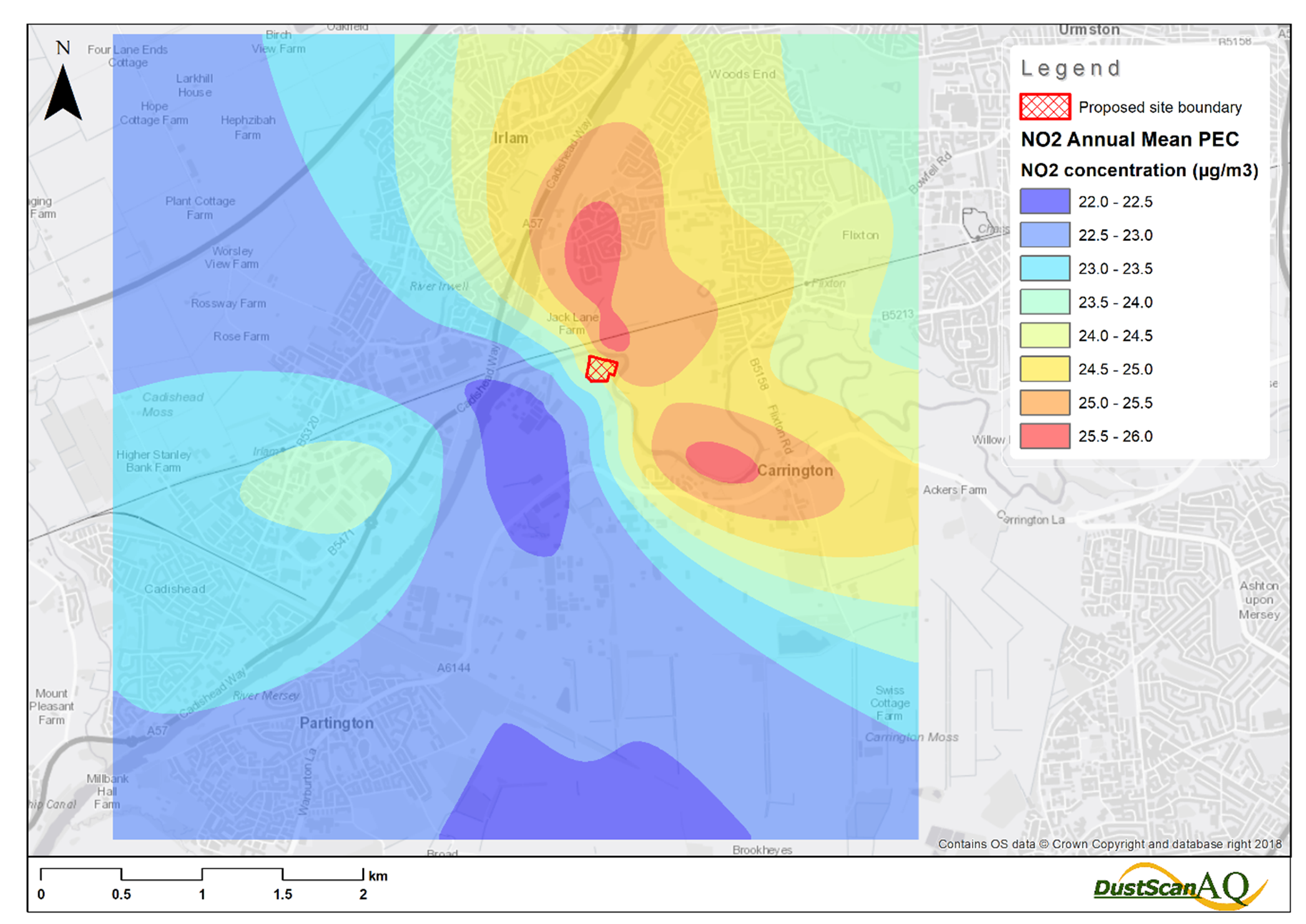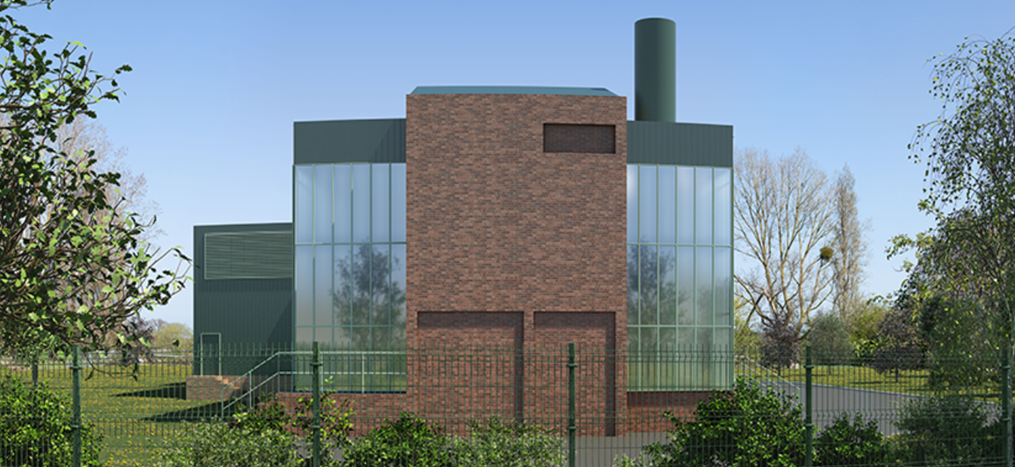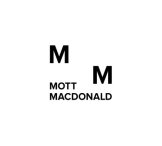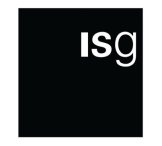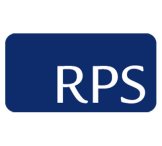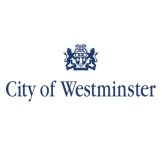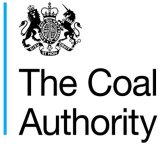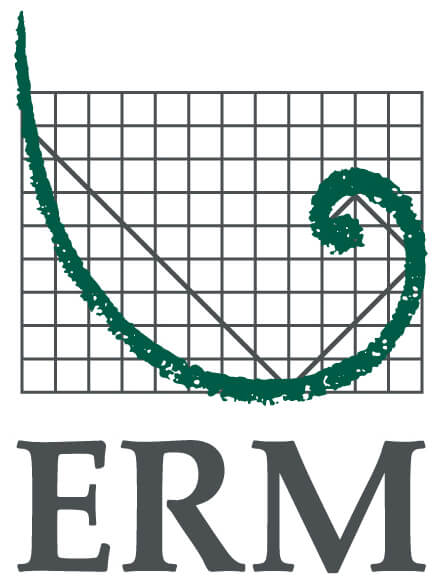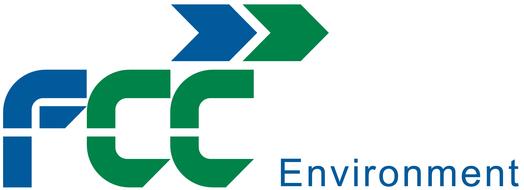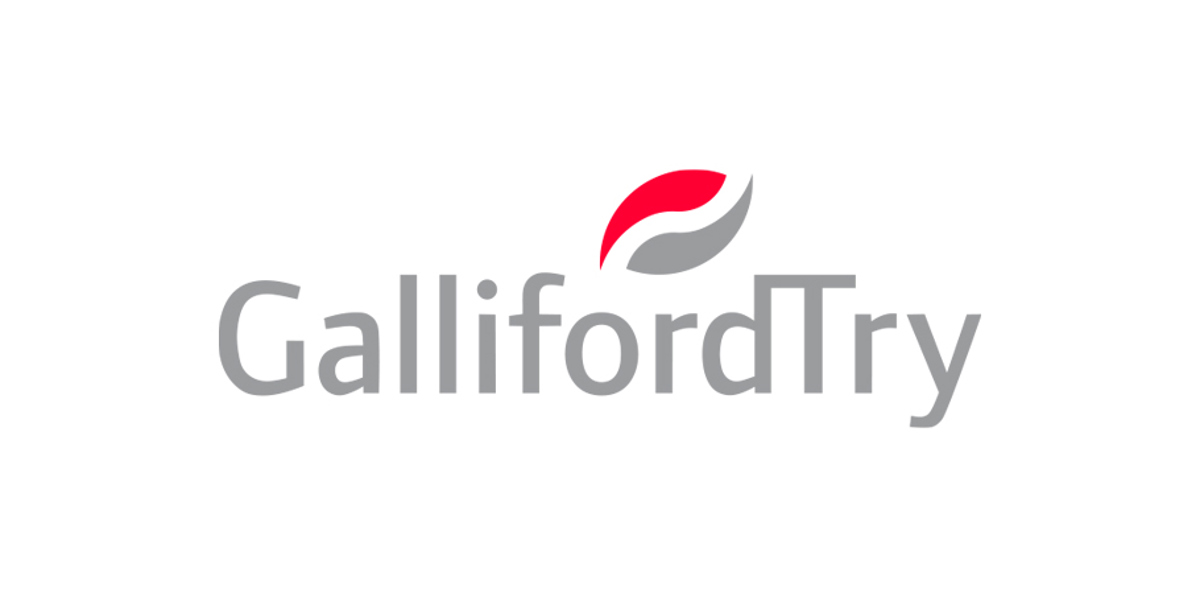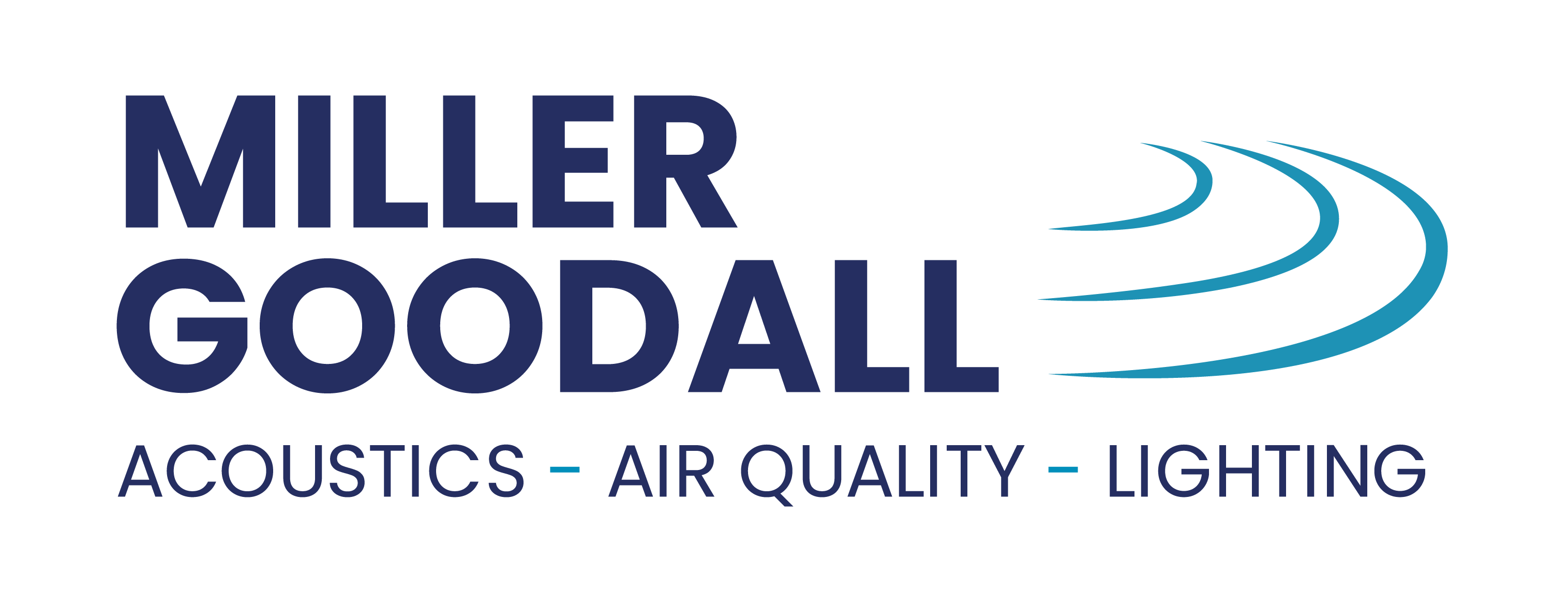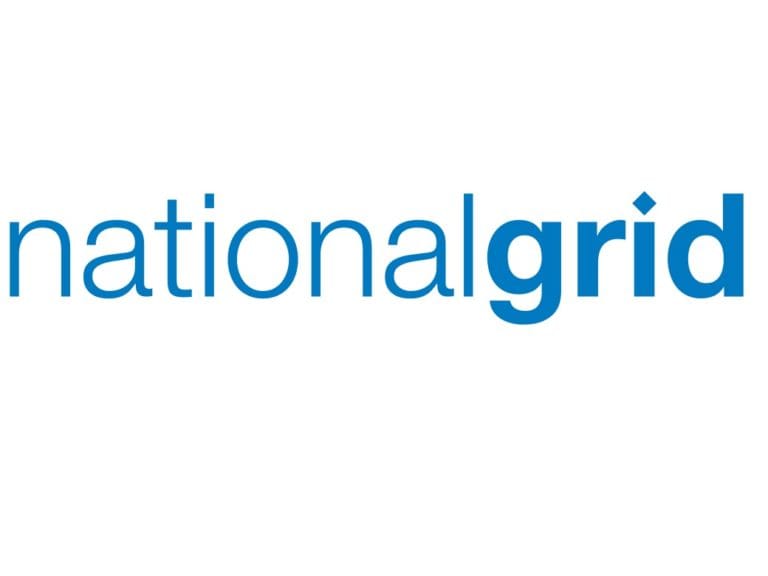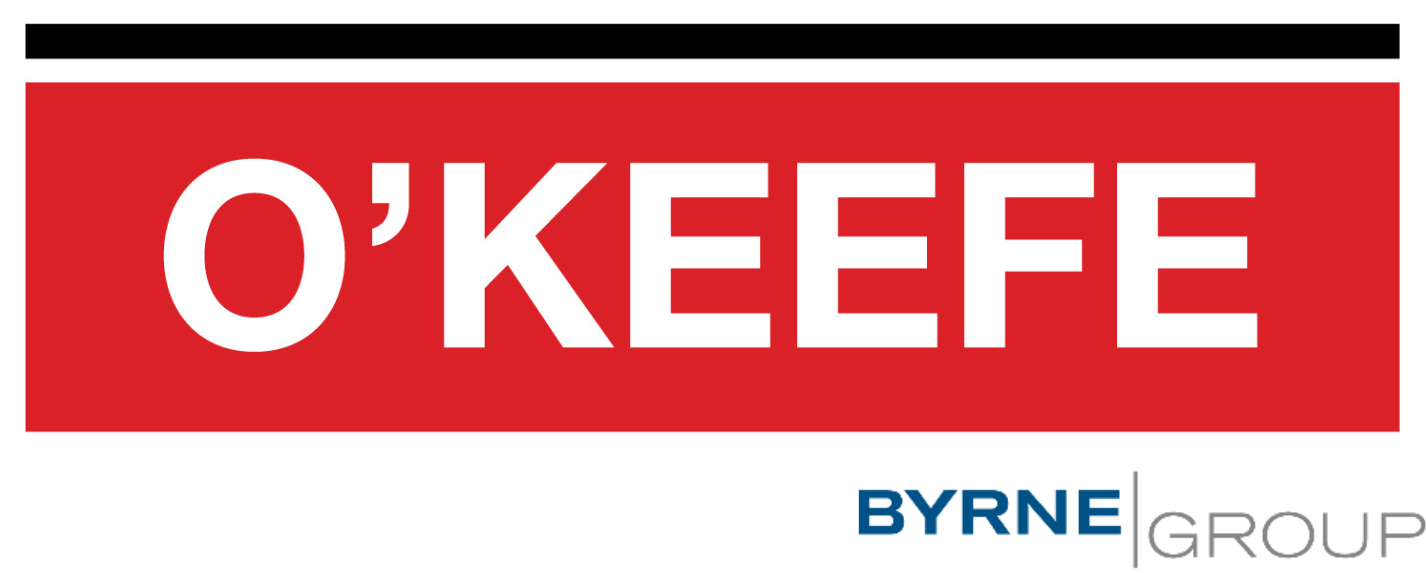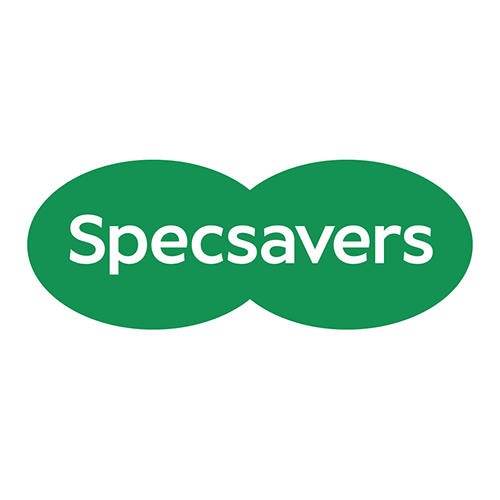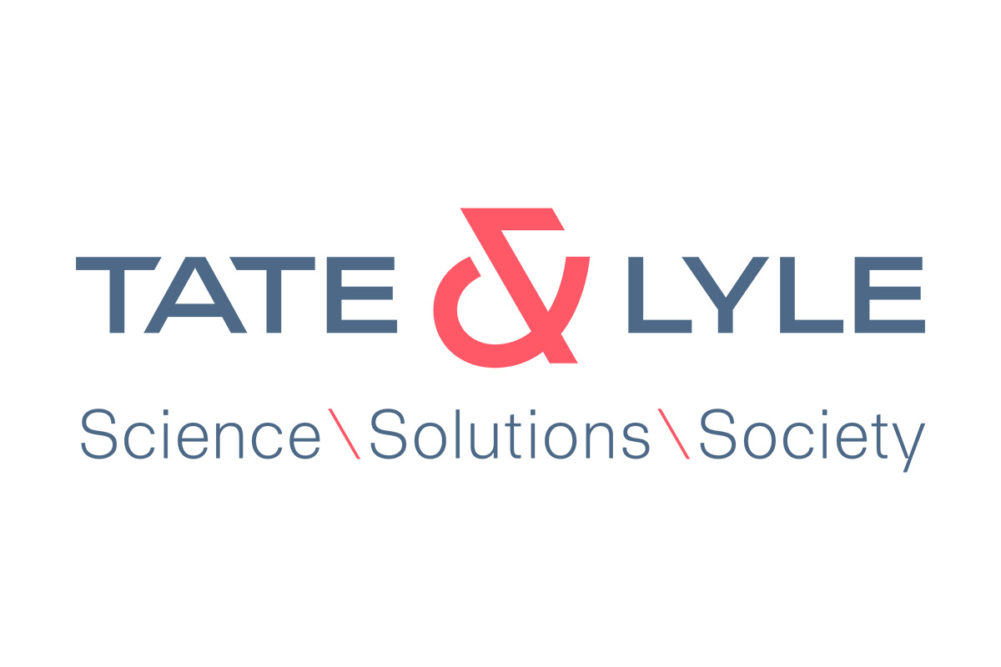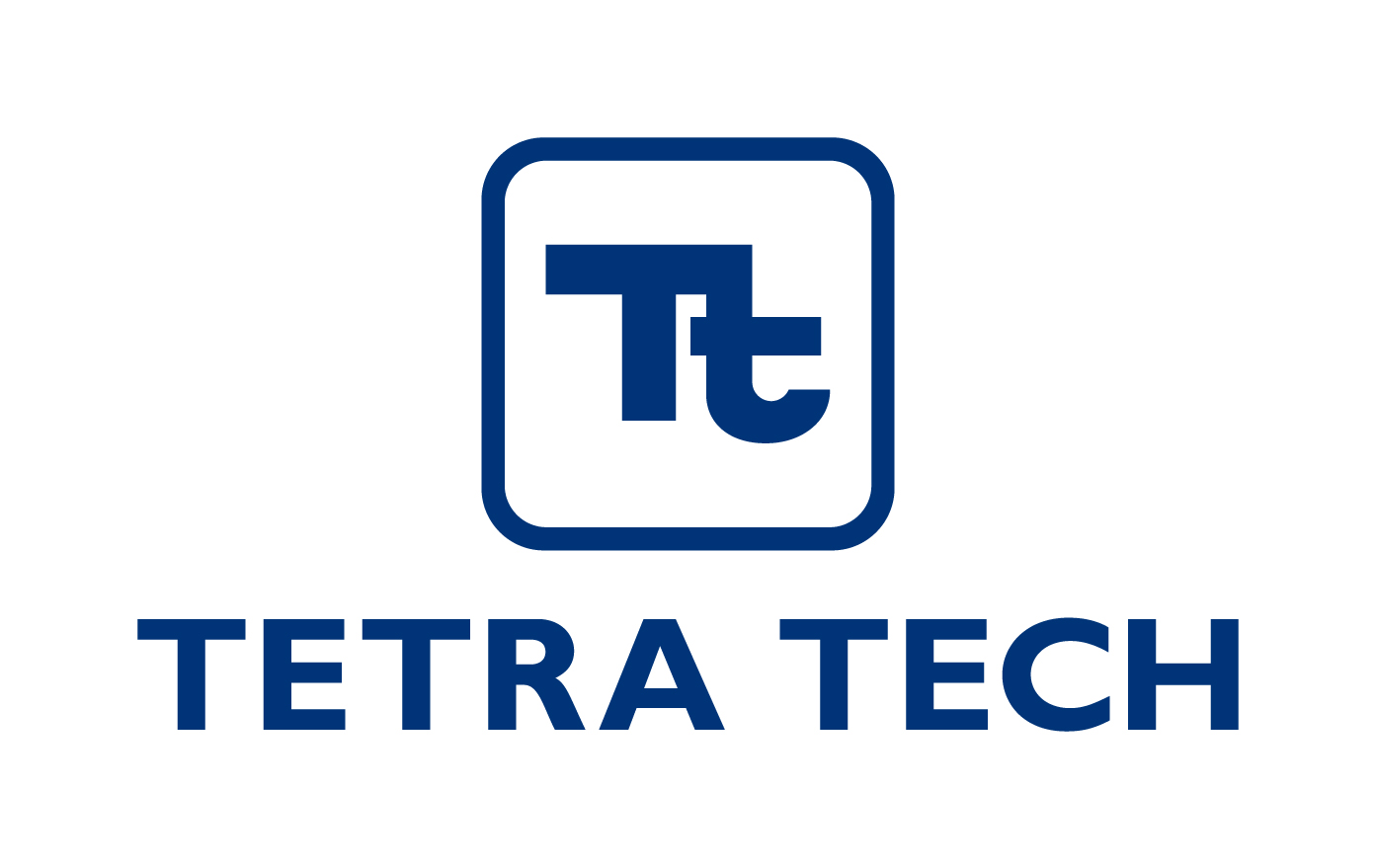Odour Assessment for Planning
As the UK continues to address its housing shortage, thousands of new homes are being built each year – sometimes in close proximity to industrial facilities. These sites can occasionally present odour-related challenges, which must be carefully assessed to support planning approval and ensure environmental compliance.
Extensive Experience in Odour Assessment and Management
Our team of consultants have extensive experience in conducting odour assessments across a wide range of environments – from small-scale restaurants and takeaways to large industrial operations such as asphalt plants, wastewater treatment facilities, and composting sites. We approach each project in strict accordance with key industry guidance, including EMAQ+’s “Control of Odour and Noise from Commercial Kitchen Exhaust Systems” and the Institute of Air Quality Management’s “Guidance on the Assessment of Odour for Planning”.
We regularly assess both existing and potential odour sources that could impact proposed residential developments, ensuring our clients are informed of how local planning policy – such as the National Planning Policy Framework – may influence their application. Our services also include detailed odour dispersion modelling, used to predict and visualise the likely spread and impact of odour emissions from industrial sites.
The findings from our assessments form the basis of clear, evidence-led odour assessment reports. Where appropriate, we also develop tailored odour management plans, outlining practical mitigation and control strategies to help minimise nuisance, ensure environmental compliance, and support successful planning outcomes.

Daniel Quinn
(BA, MSc, MIEnvSc, MIAQM)
Principal Consultant
Discuss Your Odour Assessment Requirements with Our Principal Consultant
Whether you’re seeking an initial odour impact assessment, planning support, or advice on odour monitoring, our team is here to help.
To speak directly with our Principal Consultant, please call us on +44 (0)1608 810110, or email Daniel using the button below to arrange an initial consultation.
Case Studies
The business was formed in 2004

We are employee owned
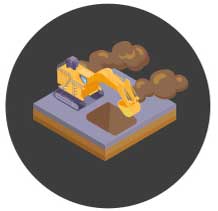
Over 145,000 samples analysed


